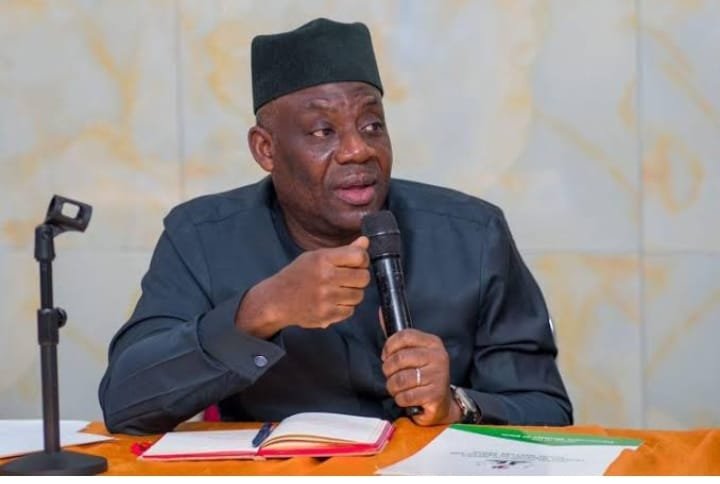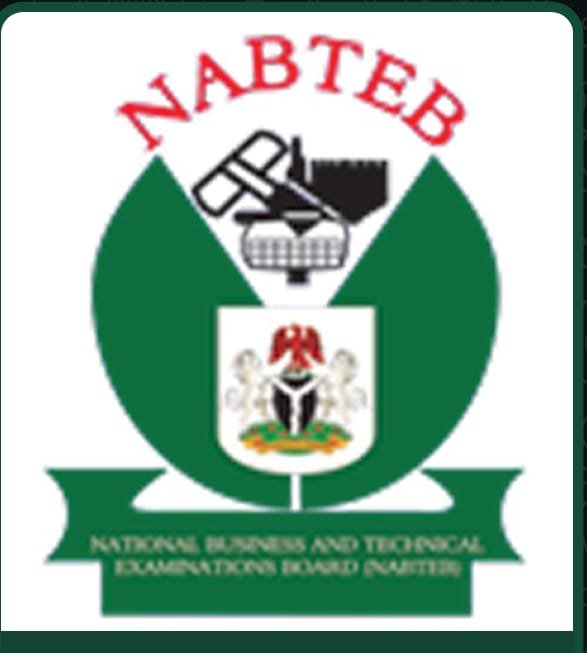
By Uriel Ihotu
The Federal Government has upgraded 38 federal and state technical colleges as part of sweeping reforms to equip Nigerian youths with globally competitive skills.
Minister of Education Dr. Tunji Alausa made this known on Monday during the 2025 Quarterly Citizens and Stakeholders Engagement on the Nigeria Education Sector Renewal Initiative (NESRI), held in Abuja.
Alausa said the initiative is designed to reposition Nigeria’s education system for a transition to a skill-based, knowledge-driven economy.
According to him, the government has introduced a dual-training model in technical colleges, with students spending 80% of their time on practical training and 20% in the classroom. As part of the new system, local artisans will be engaged and paid to mentor students, creating a new value chain within the education sector.
“Our goal is to train five million young Nigerians with internationally relevant skills within the next four years,” Alausa said.
He added that NESRI addresses critical issues such as access, quality, inclusivity, research, and professional development across the education sector.
Highlighting key challenges, the minister pointed out that Nigeria currently has 15 million out-of-school children and over 45 million classified as ‘learning poor.’ He stressed that adolescent girls, especially the six million aged 12–19 currently out of school, are a priority under the ongoing reforms.
In a major step toward modernization, Alausa announced that the National Examinations Council (NECO) and the West African Examinations Council (WAEC) would begin conducting computer-based tests (CBT) starting from November 2025, with plans to fully digitize all national examinations, including the Joint Admissions and Matriculation Board (JAMB), by 2027.
According to him, the digitization of exams is aimed at curbing examination malpractice and enhancing the credibility of Nigeria’s examination system.
Also speaking at the event, Minister of State for Education, Prof. Suwaiba Ahmad, underscored the importance of Technical and Vocational Education and Training (TVET) in closing Nigeria’s skills gap and reducing dependence on foreign labor.
“We’ve seen companies hiring 60% of their workforce from abroad. That must change,” Ahmad declared.
Chairman of the Senate Committee on Tertiary Institutions and TETFund, Sen. Muntari Dandutse, assured that the National Assembly would provide legislative backing for the reforms, describing education as “the heart of national transformation.”








